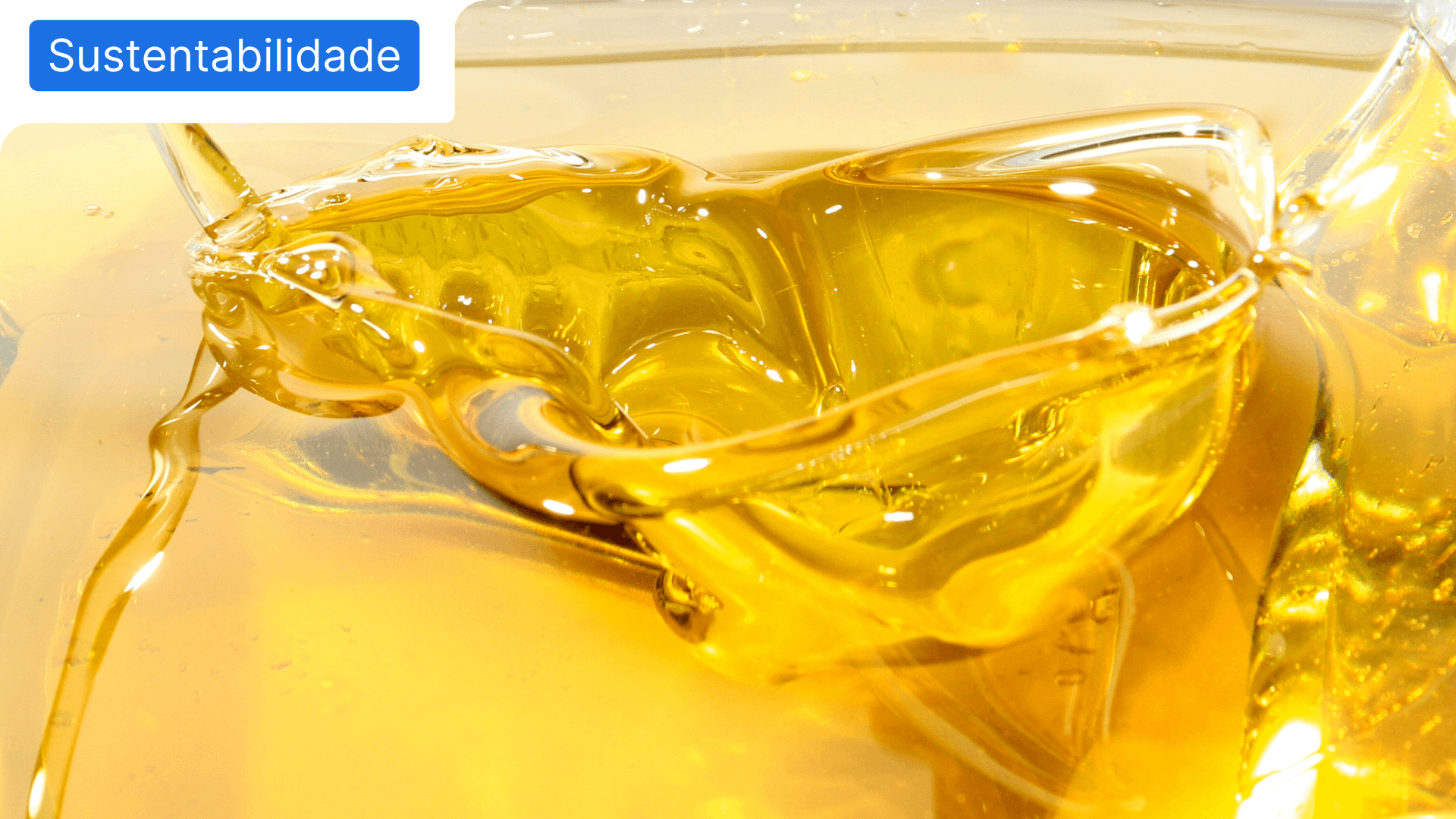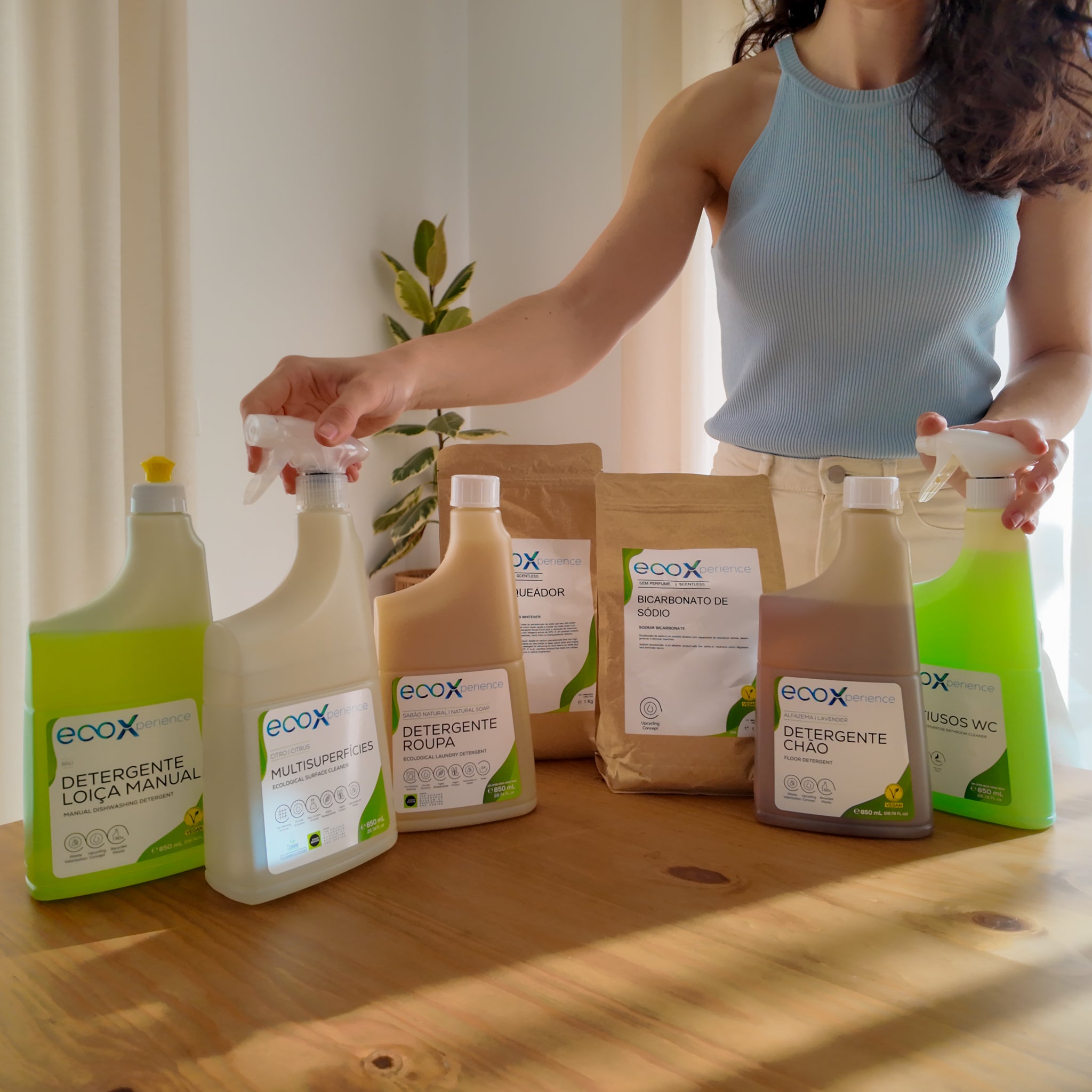
Impact of used cooking oil: do you know what it is?
Used cooking oil has an impact on our homes, the aquatic environment, the public network, the soil and even our climate. But why?
Cooking oils are used in our homes and in restaurants to prepare food. Once used, they must be stored and sent to the collection system or valued by the user.
We should not put them down the sink drain or in the toilet as this causes a negative environmental impact.
What is the impact of used cooking oil?
According to Quercus , one liter of used cooking oil is enough to contaminate one million liters. This amount is enough for a person to survive for 40 years.
This happens because the cooking oil used does not mix with water and forms a thin layer on the surface. This problem together with inadequate disposal causes the full impact of used cooking oil.
The problems of improper disposal of used cooking oil
The impact on our homes
When used cooking oil is discarded down a sink or toilet drain, problems arise with blockages in plumbing and drainage systems in buildings. Furthermore, it causes irreversible damage to the pipes which, consequently, can lead to them bursting.
This brings expenses into our homes but can also attract pests that can cause diseases, such as leptospirosis, typhoid fever, cholera, salmonellosis, hepatitis, schistosomiasis, amoebiasis and giardiasis. Therefore, these diseases can be transmitted to humans and animals.
The impact of cooking oil used in the public network
The same can happen in public pipes and collectors, with the dangers we previously indicated.
This incorrectly discarded oil reaches WWTPs (Waste Water Treatment Plants) and causes performance problems. It can also increase the pollutant load of the effluent to be treated, energy consumption, the number of maintenance and cleaning interventions and, consequently, operating costs.
The costs of treating water contaminated with used cooking oil are expected to increase by around 45%.
Consequences in the aquatic environment
This residue forms a layer on the water in lakes and rivers that hinders the entry of light and oxygen into the aquatic environment. This means that several species can die, such as phytoplankton (microscopic algae that produce oxygen) which depend on light to develop and survive.
This alga is at the base of the food chain of aquatic ecosystems as it is one of the main foods for other larger organisms.
Furthermore, it is believed that phytoplankton produces 98% of the oxygen in the Earth's atmosphere.
And what is the impact of used cooking oil on soil?
When it reaches the soil, whether through the banks of rivers and lakes or through the disposal of common waste, used cooking oil infiltrates. Thus, it can reach the water table, polluting it, or be absorbed by plants, damaging their growth.
It can also affect the metabolism of bacteria and other microorganisms that deteriorate organic compounds that become nutrients for the soil.
Cooking oil also has the ability to form an impermeable layer on the ground that prevents rainwater from infiltrating, increasing the risk of flooding.
This waste has consequences for our climate
The decomposition of this residue leads to the formation of methane gas, which is one of the greenhouse gases. In other words, a layer that is capable of retaining the sun's heat in the troposphere, increasing the problem of global warming.
In conclusion, all these problems prove the impact of used cooking oil, which ends up being one of the main contaminants on our planet.
But what can you do with this waste? You can place it in containers that allow it to be collected, thus avoiding inappropriate disposal.
It's worth asking: do we need to continue taking so many risks because of used cooking oil?








